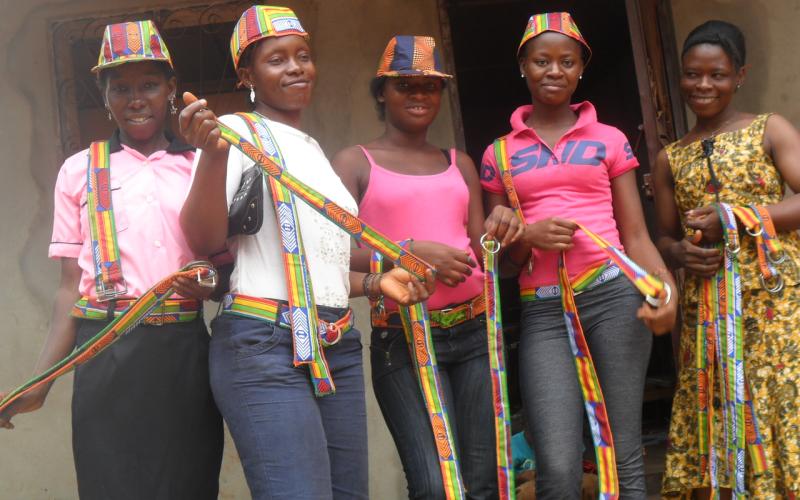
When the former US president Barack Obama visited Kenya in 2015, one of his remarks that remained etched into the psyche of his audience was his pearl of wisdom on equality.
“You know, we're in a sports center. Imagine if you have a team and you don't let half of the team play. That's stupid. That makes no sense,” the president quipped.
He continued that, “Evidence shows that communities that give their daughters the same opportunities as their sons, they are more peaceful, they are more prosperous, they develop faster, they are more likely to succeed. That's true in America. That's true here in Kenya. It doesn’t matter.”
The fight to give equality in education to girls is something that is being won, albeit slowly.
The cogs of implementing laws that allow girls education access is slowly turning. More parents are being illuminated on the advantage of taking their girls to school and even to higher learning education.
In the view of the benefit of society, an educated woman is one more factor in the community that can lift it out of its ills.
Over the decades, educated women have broken boundaries in various fields and can perform as much as men would. From science to art and law, women have proven that they are capable of making a difference in society.
But how has the education of girls contributed to society in the last several years and why should we not relent in pushing this agenda?
Changing Financial Prospects
The man of the home was designated as the sole breadwinner of the family. However, tragedy would befall the family if he was incapacitated, deserted the family or died. Investing in women’s empowerment can impact the family positively. Education is the first step in lighting the staircase for girls all over the continent.
Financial prospects for the family and society double if the wife also generating income on her own. Widows need not be designated to a life of poverty if they do not have financial income. Single women, yet to be married need not peg their existence to a benevolent partner. They can roll their sleeves and provide for themselves and their dependents.
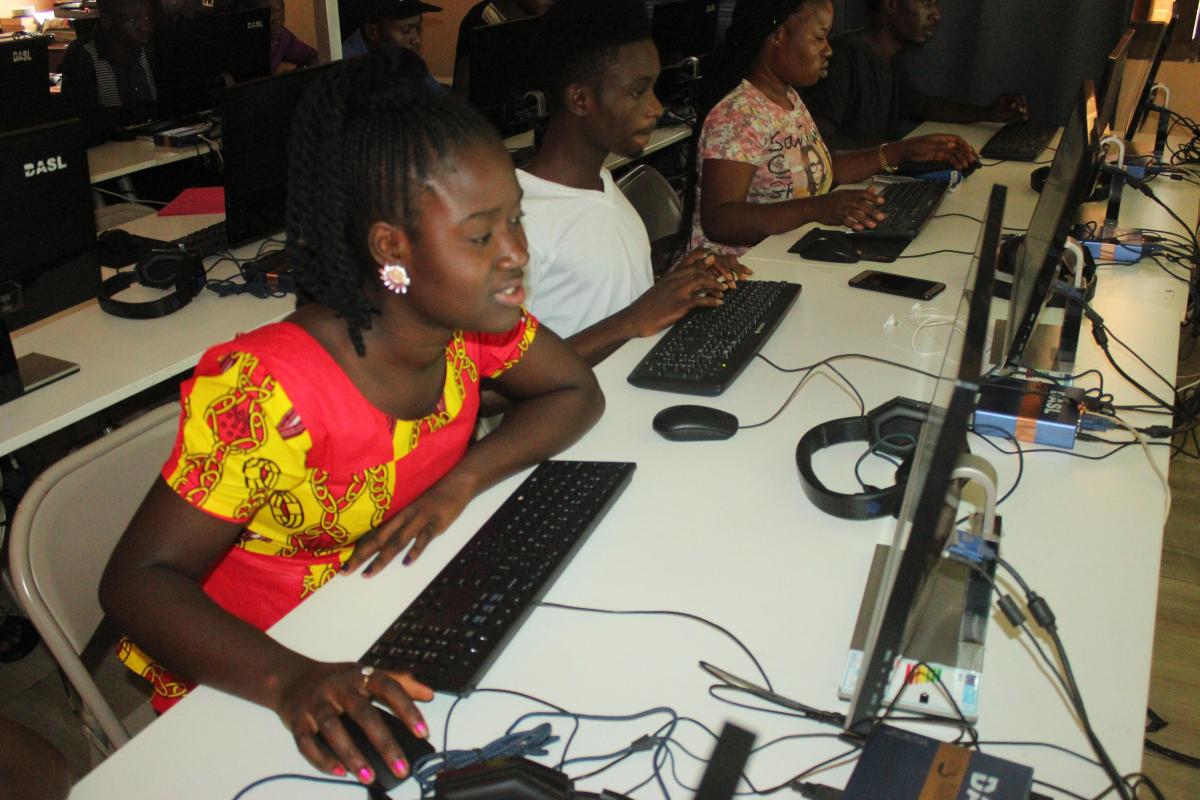
Not only do families need this extra and crucial financial source, but African development also depends on strengthening the position of the woman in society and financial inclusion.
“Women and girls shoulder the global burden of poverty. Decades of research show that poverty deprives women of vital health, education, and socioeconomic opportunities throughout their lives. As a result, women earn less, own fewer assets, and are underrepresented in economic and political decision-making,” research by Bill & Melinda Gates titled Women’s Digital Financial Inclusion in Africa said.
“This inequality means they experience fewer benefits from economic growth and suffer more of the challenges of a life lived in poverty,” the research continues.
Girls Education in Improving Health
A United Nations report denoted that education for girls has been identified as one of the best solutions to reverse the trend of disease devastating large portions of sub-Saharan Africa.
Health is an important aspect in developing communities. It is a global factor that determines the success of any economy. Sick individuals lead to low productivity that in turn affects economic activities.
With improved incomes come greater access to health facilities and services. Women who cannot afford a meal can rarely take care of their children and themselves. Diseases and illnesses in Africa are known causes of poverty.
“Households facing health shocks may find themselves permanently impoverished due to loss of income associated with illness and the cost of access to health care,” a research paper by Health Economics Review revealed.
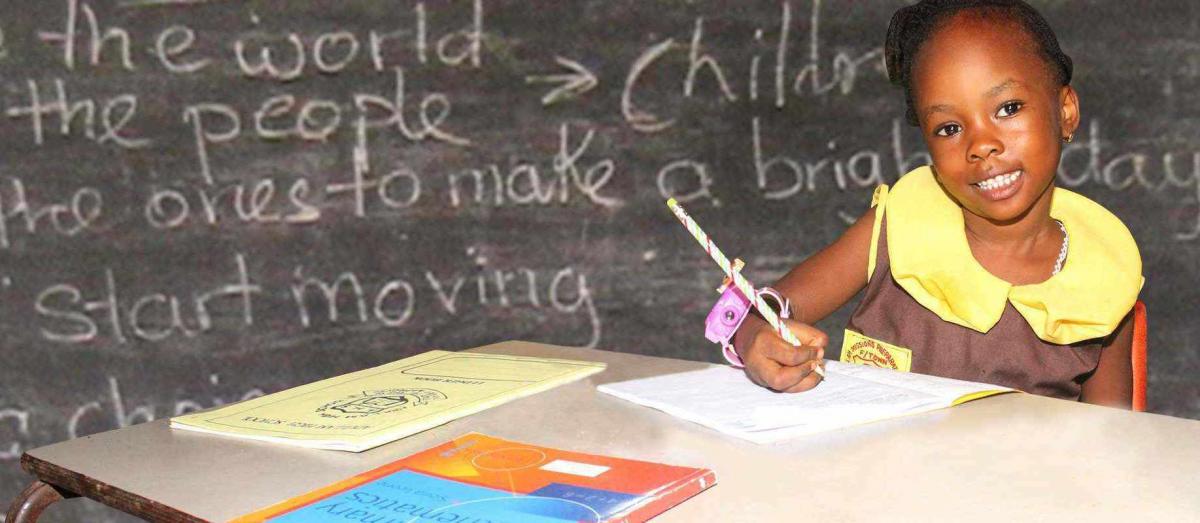
It adds: “In the short term, households facing health shocks are forced to substitute consumer and production spending for health care. In the long term, net flows of investment in productive activities tend to decrease. In the process, there is a possibility that health shocks may lead households to poverty or make them even poorer in the near future.”
This cycle of poverty can be broken by adequate and relevant education for all, especially girls. A continent’s fortunes can be turned around for the better if we have a well-functioning working class.
Women in Turning the Wheels of Education
A woman who knows the benefits of education and how it opens other possibilities will be burdened to pass the buck to the next generation. As nurtures and caregivers, women have the heart to see others, especially their children, surpass them in having better lives.
In his speech to Kenyans, the former president of the US Barack Obama reiterated this point.
He said: “And by the way, if you educate girls -- they grow up to be moms -- and they because they’re educated, are more likely to produce educated children. So Kenya will not succeed if it treats women and girls as second-class citizens. I want to be very clear about that.” His sentiments are supported by well-founded research.
“The educational level of parents, principally of mothers, determines their sons’ and daughters’ educational achievement. The higher the level of education of the mother, the greater the chances that their daughters will have access to and remain in basic education,” a UNESCO research found out.
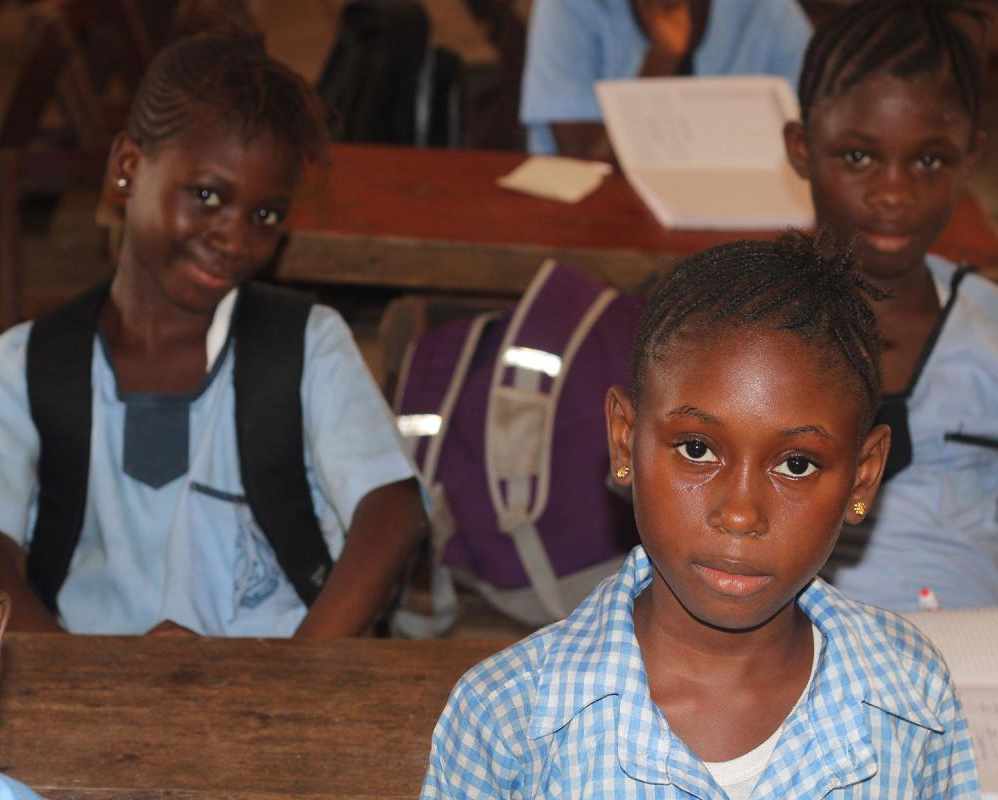
It adds that “Mothers continue to occupy a central place in the initial education of their sons and daughters, as transmitters of basic social skills and values and as those responsible for emotional development.”
An educated woman will spur others to achieve the same heights or higher, increasing the value in her community.
Conclusion: Eliminating Obstacles to Girl’s Education
All these pointers are good. However, a myriad of challenges exist and the desired community we have described cannot flourish if society does not deal with them.
One of the biggest obstacles in denying education to girls is poverty. Fighting this pandemic especially in emerging markets such as Africa does improve the lives of both men and women. With more money in the pockets of guardians, girls can access education.
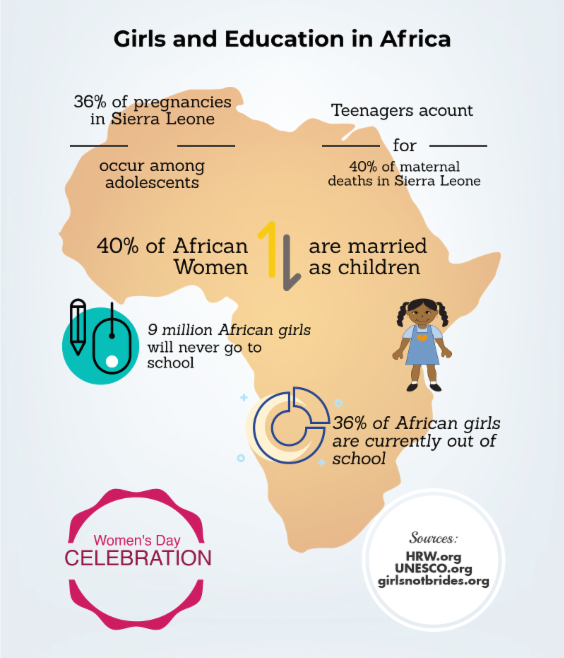
Another key challenge is the early pregnancies. Most girls drop out of school due to early pregnancies and the majority of them are not accepted back or encouraged to finish their education. This has to change especially in Africa. Early pregnancy prevention must go toe to toe with the rehabilitation of young mothers in regards to education.
Other issues that affect girl’s education that need to be critically looked at include access to sanitary towels, security for the school going girl, access to technology and infrastructure.
Societies and economies are set to benefit from the empowerment of women through education from the early stages to higher education. As we approach the International Women’s day, on March 8th, we must singularly think of how we can ensure the girl-child has sufficient access to education.
As the saying goes, empower a woman, she empowers a whole society.
Education truly changes EVERYTHING!
Since 2006, Develop Africa has prioritized the education of girls.
On International Women's Day and every day, we need to remind ourselves of the importance of the need to level the playing field and provide better and equal opportunities for girls.
Join us in changing everything for girls like Alice today at http://goto.gg/3935
#IWD2020 #internationalwomensday2020 #internationalwomensday #eachforequal

